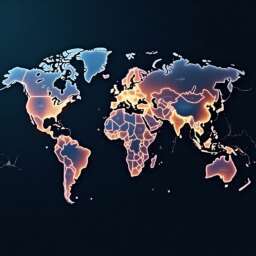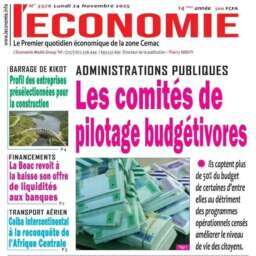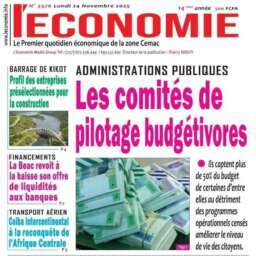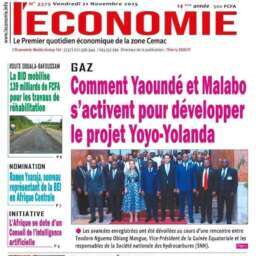(Business in Cameroon) – Cameroon’s 2025–2026 cocoa season, expected to begin in the second half of July, could mark a third consecutive year of strong farmgate prices for producers. This optimistic outlook is largely due to unfavorable weather conditions in Côte d’Ivoire, the world’s leading cocoa producer, which typically accounts for about 40% of global cocoa bean output.
According to reporting by Ecofin Agency, citing stakeholders in Côte d’Ivoire’s cocoa sector, the 2025–2026 season appears challenging for Abidjan. This follows two already difficult campaigns in 2023–2024 and 2024–2025, during which output stagnated at approximately 1.8 million metric tons, representing a 30% decline from previous levels.
Climate data further compounds the concern. Sodexam, Côte d’Ivoire’s national meteorological authority, forecasts below-average rainfall between April and mid-November 2025 in the southern part of the country, its main cocoa-producing zone. This shortfall is expected to disrupt the start of the 2025–2026 harvest, typically scheduled for October. Lower output and exports from Côte d’Ivoire would likely drive up cocoa prices globally and in other producing countries like Cameroon, as international buyers compete for scarce beans.
For context, the 2023–2024 global cocoa harvest saw an 11% drop in production, leading to a market deficit of 374,000 metric tons. This is a stark rise from the 74,000-ton deficit recorded during the 2022–2023 season. That shortfall was primarily caused by poor harvests in Côte d’Ivoire, attributed to climate disruptions and the aging of cocoa plantations.
As a result of the tightened global supply, cocoa farmgate prices in Cameroon surged past 6,000 CFA francs per kilogram in key production zones during the 2023–2024 campaign, setting a record. In the ongoing 2024–2025 season, prices remain high, exceeding 5,000 CFA/kg, as Côte d’Ivoire’s production shows no year-on-year improvement.
Should the pessimistic forecasts from the Ivorian cocoa sector prove accurate, this favorable trend for Cameroonian producers is likely to persist and potentially strengthen during the 2025–2026 season.
Brice R. Mbodiam



































